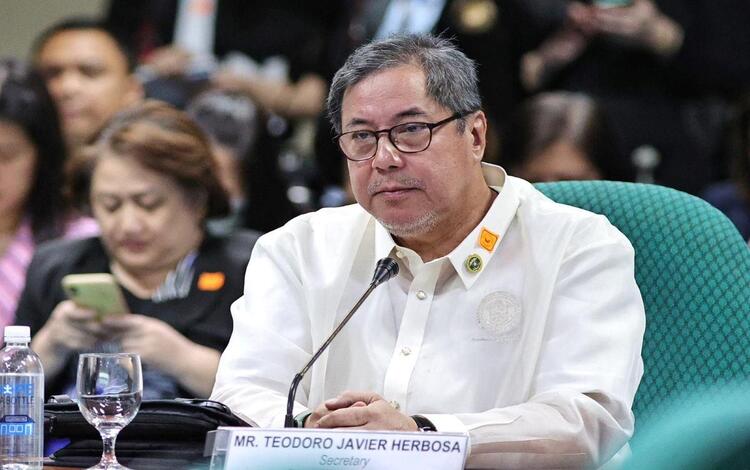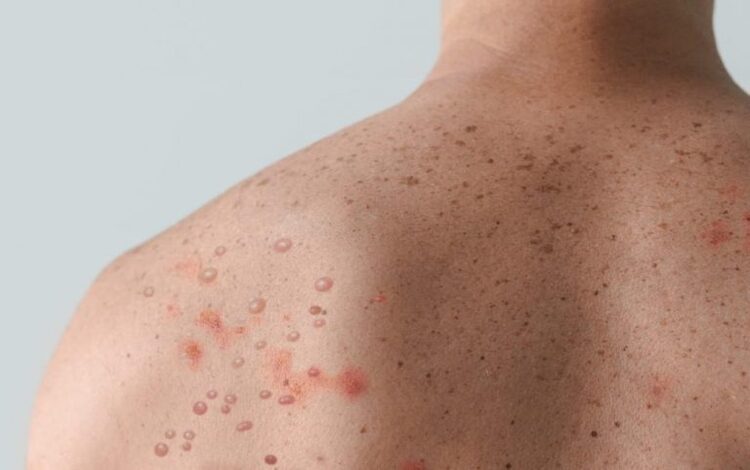The Department of Health (DOH) has announced new interim guidelines aimed at enhancing the prevention, detection, and management of mpox in the Philippines. The updated protocols, detailed in Department Memorandum No. 2024-0306, reflect a comprehensive approach to controlling the spread of the virus and ensuring effective care for affected individuals. The memorandum was signed by Health Secretary Ted Herbosa.

The guidelines emphasize several key precautions to minimize the risk of mpox transmission. Individuals are advised to avoid close and intimate skin-to-skin contact, including sexual activities, kissing, hugging, and cuddling, with those suspected, probable, or confirmed to have mpox. In situations where such contact is necessary for caregiving, it is crucial to use appropriate personal protective equipment (PPE) and adhere to established prevention measures.
Hand hygiene is also highlighted as a critical component of the guidelines. The DOH recommends frequent hand washing with soap and water or using alcohol-based hand rubs, especially when hands are soiled or potentially contaminated. Additionally, objects and surfaces that may have come into contact with the virus or have been handled by infected individuals should be thoroughly cleaned and disinfected.
The guidelines also stress the importance of avoiding contact with animals, particularly mammals, that could be carriers of the virus. This includes staying away from sick or deceased animals in areas where mpox cases have been reported.
Healthcare providers are urged to maintain a high index of suspicion for mpox when assessing patients with unexplained acute rashes, mucosal lesions, or lymphadenopathy. They are required to report any suspect, probable, or confirmed cases to the DOH within 24 hours of identification.
Testing for the monkeypox virus (MPXV) is mandated for all suspect and probable cases, and their close contacts must self-monitor for symptoms for 21 days from the last exposure to a confirmed case or contaminated materials.
High-risk individuals, including young children, pregnant women, and those with compromised immune systems or severe cases of mpox, should be hospitalized to manage potential complications effectively.

Secretary Herbosa emphasized the significance of these updated guidelines, stating, “The updated DOH Mpox guidelines are scientific and agile. They have been drafted by Filipino experts for Filipino communities, fully aligned with the international response.” This proactive measure aims to bolster the nation’s readiness and response capabilities in managing mpox outbreaks.
